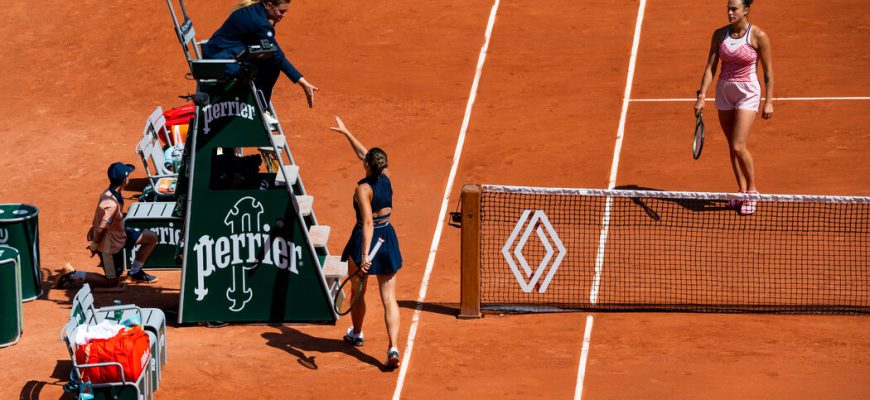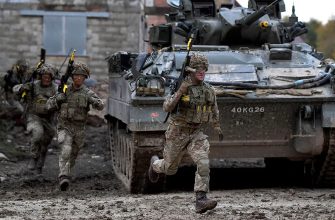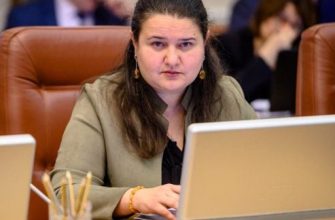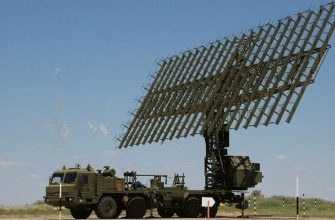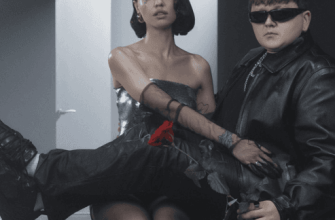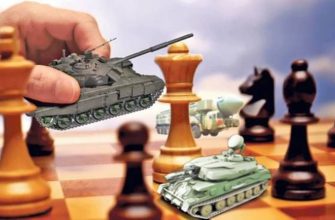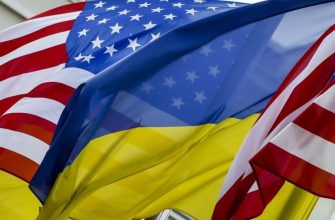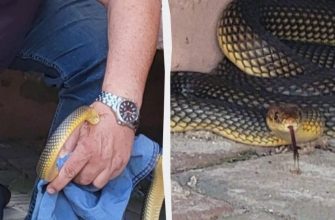The moment the women’s singles draw for the French Open pitted Aryna Sabalenka of Belarus against Marta Kostyuk of Ukraine in the opening round, there was no doubt the start of the tournament would produce some fireworks.
It did that and more.
The score line showed a decisive 6-3, 6-2 win for Sabalenka, the reigning Australian Open champion, who is the second seed in Paris and one of the hottest players in the world.
But what did not show up in the score line was the behavior of the morning crowd at Roland Garros’ main court, Philippe Chatrier. Spectators urged on Kostyuk at the beginning of the match, then rained boos on her when she left the court without shaking hands with Sabalenka. Kostyuk has refused to shake the hand of any player from Russia or Belarus.
And then there was Sabalenka, who on Sunday came as close as she ever has to condemning the Russian invasion, in a rare statement of defiance by an athlete from Belarus or Russia.
“Nobody in this world, Russian athletes or Belarusian athletes, support the war. Nobody,” Sabalenka said at a news conference after her win. “How can we support the war? Nobody, normal people, will never support it.
“This is like one plus one, it’s two,” she continued, saying if she could stop the war she would. “Unfortunately, it’s not in our hands.”
But shortly afterward, Kostyuk dismissed Sabalenka’s sentiments as empty words.
“I feel like you should ask these players who would they want to win the war, because if you ask this question, I’m not so sure these people will say that they want Ukraine,” Kostyuk said.
She added that Sabalenka should speak for herself and not for other players from Russia and Belarus.
“I personally know athletes from tennis that support the war,” she said without identifying any.
The impact of the war in Ukraine on tennis has been constant and never-ending. Fifteen months after Russia’s invasion of Ukraine, the war shows no end in sight. (Belarus has provided a staging ground for Russian soldiers, and its leader has said the country would join the war if attacked.)
Belarus and Russia have been banned from team tennis competitions, and their flags and country names have been banished from the sport. The moves have left players from Ukraine unsatisfied and players from Russia and Belarus feeling like pariahs.
The tension on Sunday was in stark contrast to the otherwise celebratory feel of the first day of the French Open. It is often one of the most joyous days in tennis, especially with the sky sparkling with that special shade of bright Parisian blue. There is no red like the red of the clay courts of Roland Garros, no crowd that looks as effortlessly elegant as this one: the Panama hats, the silk spring dresses, the aperol spritzes in fancy glasses in seemingly every other hand.
The absence of the injured star Rafael Nadal, whose record 14 men’s singles titles have made him synonymous with this event, is weirding everyone out. But as Nadal has said, tennis moves fast and waits for no one. The rousing roars whenever a French player was in action echoed across the grounds as loudly as they ever have.
As Kostyuk and Sabalenka made clear, though, the war may very well make this tournament and tennis summer unlike any before it. On Monday, Elina Svitolina, among the most successful players Ukraine has produced, will make her Grand Slam return from maternity leave, against Martina Trevisan of Italy. Anhelina Kalinina of Ukraine, whose grandparents had to leave their home and whose parents’ home was bombed, will play Diane Parry of France on Tuesday in her first match after her emotional run to the Italian Open final this month.
“Everyone is in a very different situation,” Kostyuk said in an interview Sunday. “Whoever needs a comfort, I’m always there. We have a very good group.”
Kostyuk, though, was the one who seemed to need some comforting Sunday in the moments after her match. On the final point, she walked to shake hands with the chair umpire and then directly to her courtside seat. Sabalenka shook hands with the chair umpire, too, then stood for a moment watching Kostyuk gather her belongings as the restless noise from the crowd began to rise.
Sabalenka said she initially thought the boos were for her, but then realized they were for Kostyuk, undeservedly so, she added, explaining that she understands why the Ukrainian players do not want to be seen shaking hands with a Belarusian or a Russian.
Kostyuk said she was shaken by the reaction, which was so different from a supportive reception in the United States this year when she refused to shake the hand of a Russian opponent.
“I want to see people react to it in 10 years when the war is over,” she said. “I think they will not feel really nice about what they did.”
Kostyuk last visited Ukraine in March to see her father and grandfather. She traveled there after the Miami Open. The journey required four flights to get to Poland by way of her temporary home in Monte Carlo, a two-and-a-half-hour train ride to the border, and then a six-hour car ride. She spent five days there, struggling to sleep amid the distant sounds of bomb-carrying drones that her relatives have somehow learned to live with. She said she still has not recovered from the trip.
She woke up at 5 a.m. Sunday and saw a series of alerts on her phone about the latest drone attack on Kyiv, the largest of the war. She said she tried not to look at her phone in the overnight hours, but when she saw all the alerts she could not stop the urge to see what had happened.
A few hours later, she was at Roland Garros preparing for her match with Sabalenka. To her surprise, she said, for the first time since the start of the war ahead of a match against a Russian or Belarusian, she was not focused on the nationality of her opponent. It was refreshing, she said, and it made her think that a day would come when a war would no longer intrude on her chosen occupation, that every tennis match would be nothing more and nothing less than that.
One day perhaps, but certainly not Sunday.
